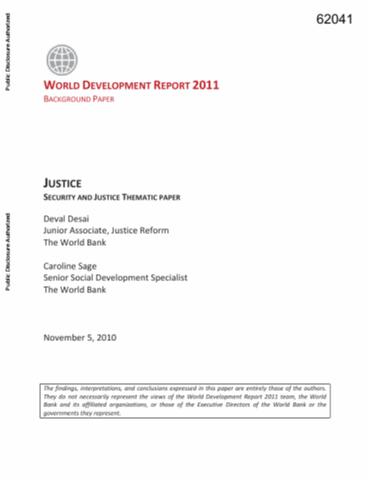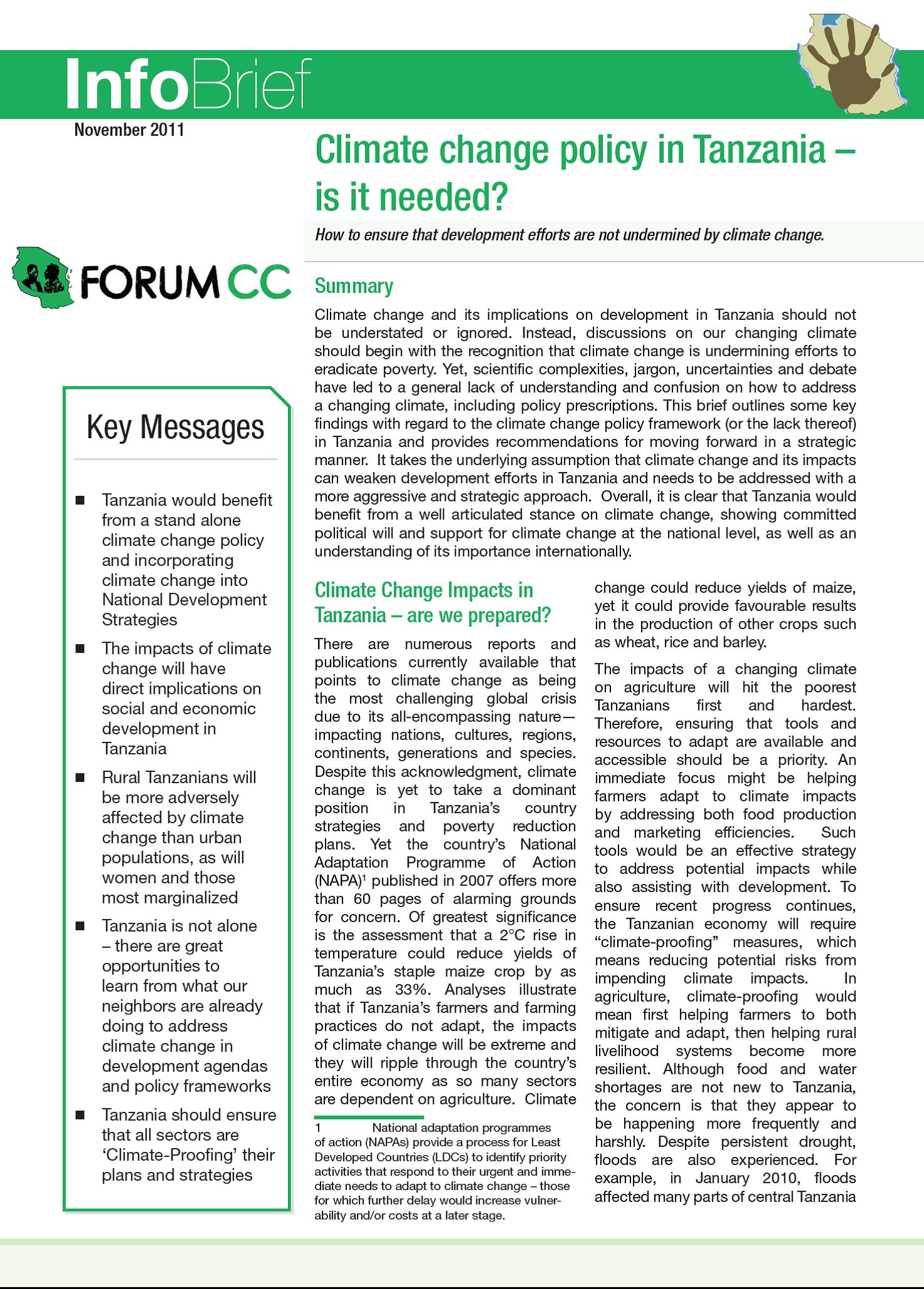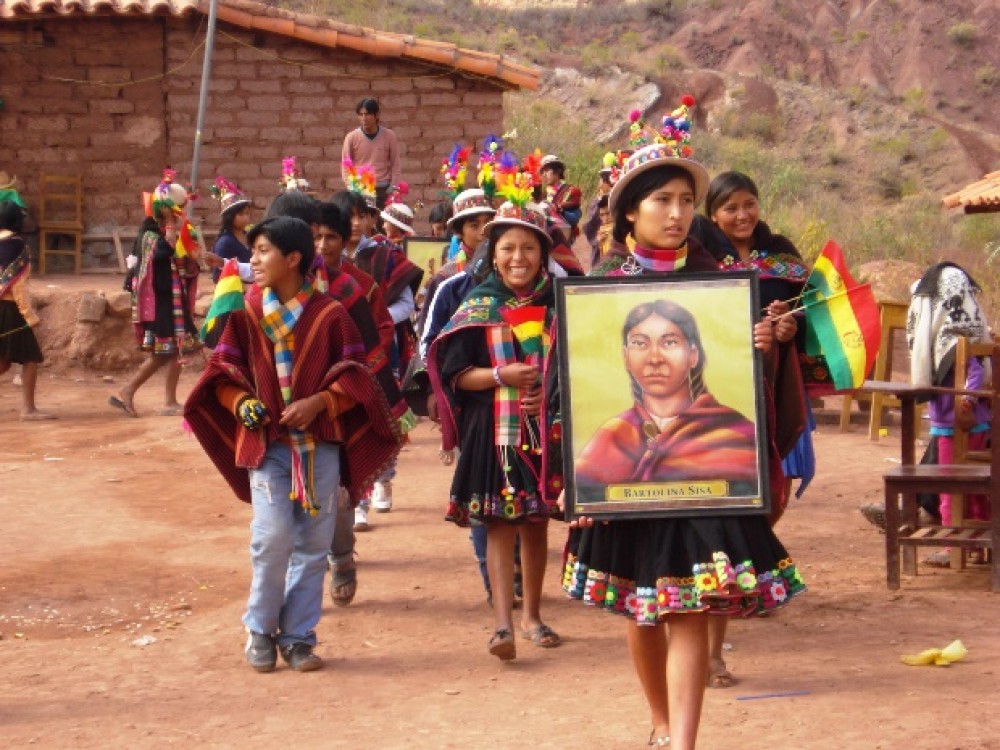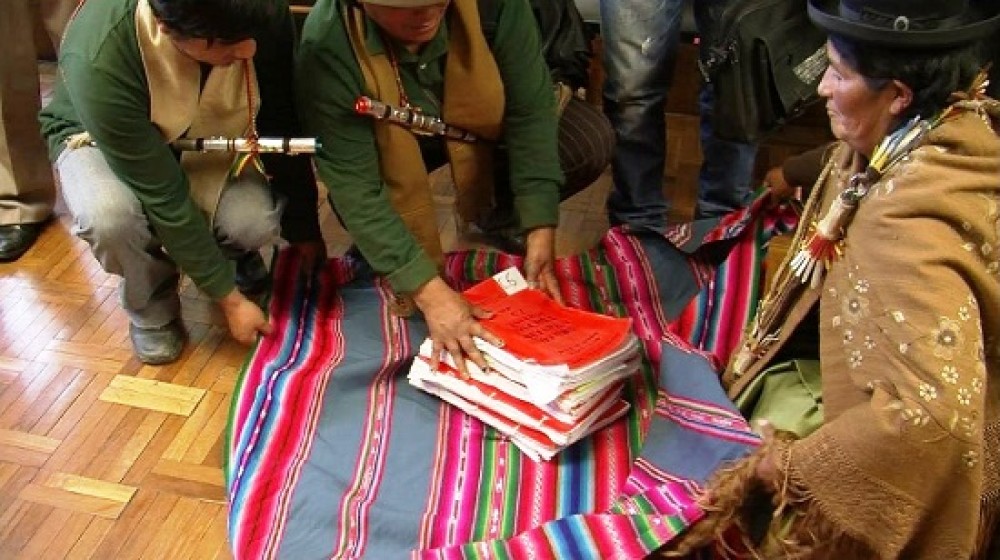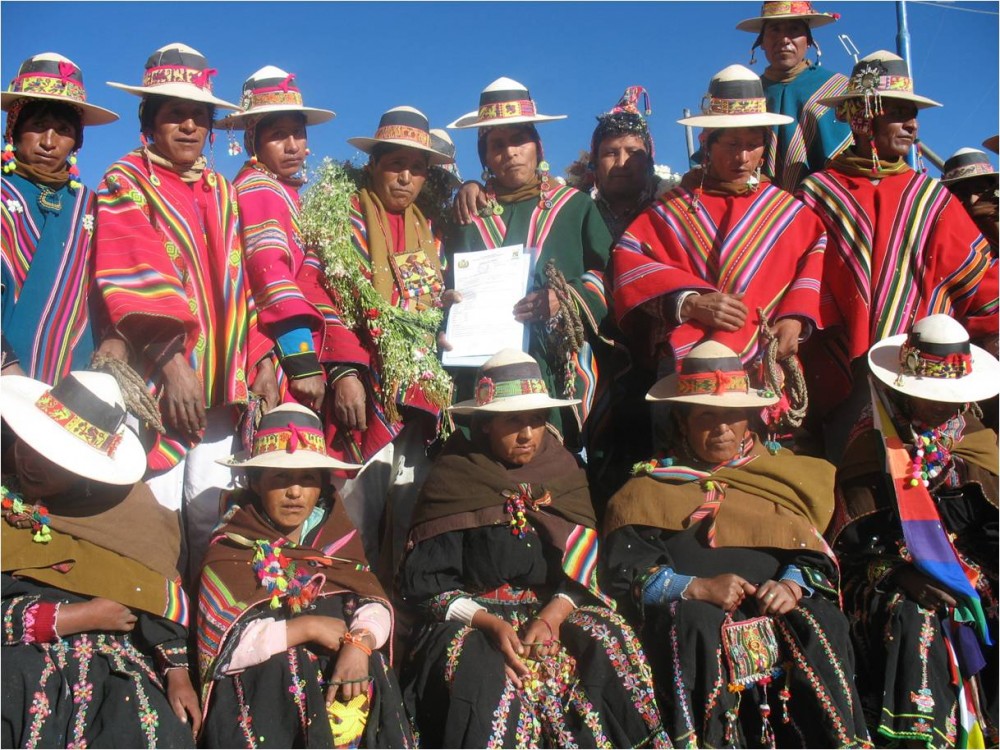Law, property rights, and social exclusion: a capabilities and entitlements approach to legal pluralism
What are the effects of trends away from legal pluralism towards more uniform approaches to the law? This paper analyses the effects of legal changes in property rights for people's welfare and development in India.




